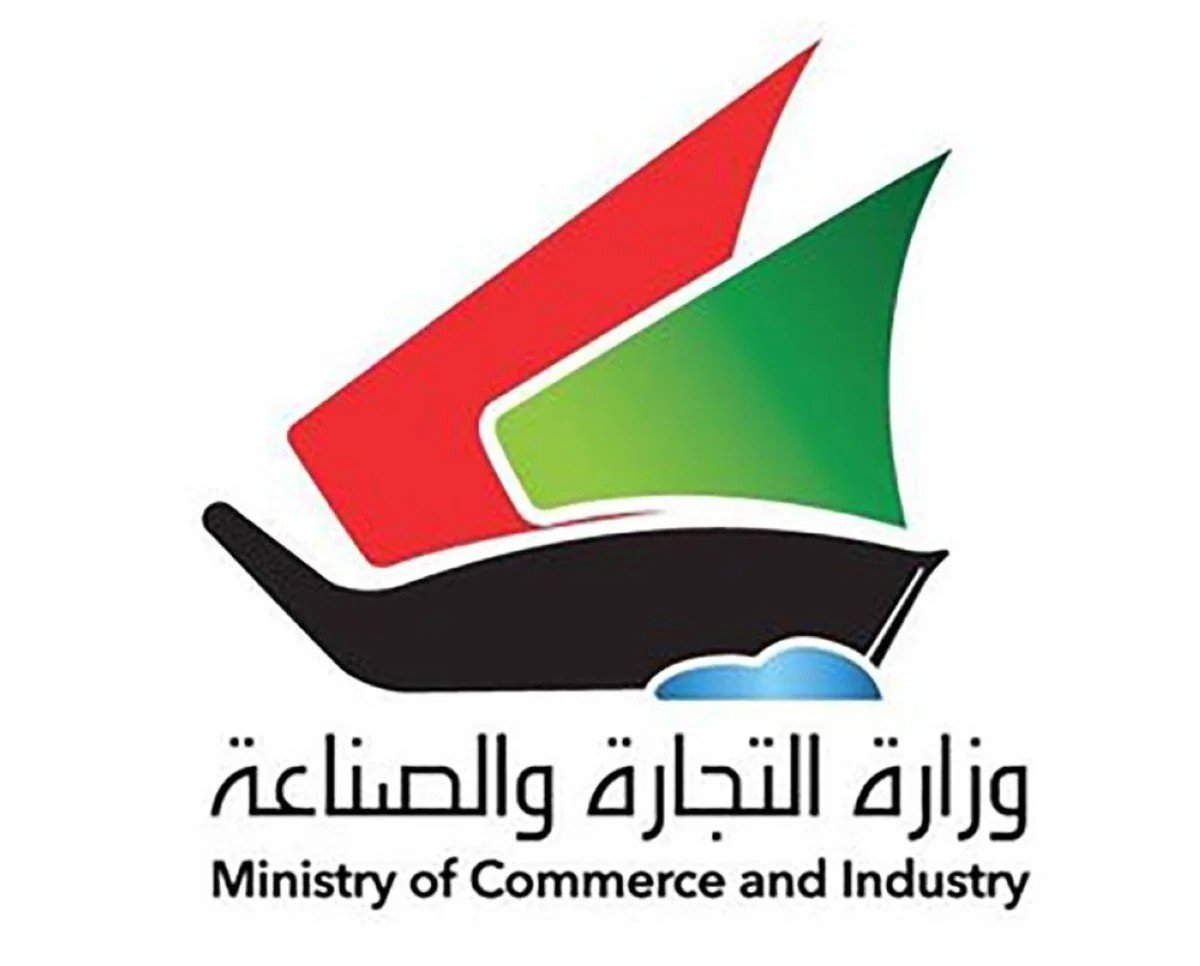The Kuwaiti government is advancing on multiple fronts to modernize its economy and public services as part of the New Kuwait 2035 vision. Key initiatives include the development of a unified regulatory framework for the rapidly growing delivery sector and the successful digital transformation of government services, highlighted by the Sahel unified application processing over 30 million transactions.
A New Framework for the Delivery Economy
Kuwait’s Ministry of Commerce and Industry has initiated plans to establish a clear legal and regulatory framework for the delivery sector, a vital pillar of the national economy. The move aims to safeguard transparency, protect customer data, and ensure fair competition. The proposed regulations will introduce clear service standards and create oversight mechanisms for consumer complaints. The Competition Protection Authority is set to conduct workshops for industry stakeholders, and delivery companies have expressed their readiness to cooperate with regulators to align services with the new standards.
Accelerating E-Government and Public Services
In a major digital milestone, Kuwait’s Ministry of Interior (MoI) has successfully shifted many government services from paper-based processes to smart e-services. The Sahel unified application now offers 37 distinct services, including visa issuance, residency renewals, and traffic violation payments, processing over 30 million electronic transactions. This has been complemented by the launch of the Kuwait Visa electronic platform to support tourism and business travel, significantly streamlining administrative procedures for citizens, residents, and visitors.
AI and Biometrics Enhance National Infrastructure
Kuwait’s digital transformation extends to security and public safety. The MoI has implemented a Biometric Fingerprint project, creating a secure database of over five million individuals to combat document forgery and strengthen border security. Furthermore, the adoption of advanced technology like unmanned marine vessels for the Coast Guard and AI-enabled traffic monitoring systems has yielded significant results. In the first half of 2025, these initiatives contributed to a 16% decline in traffic violations, a 45% reduction in accidents, and a 34% drop in road fatalities.
About New Kuwait 2035
New Kuwait 2035 is the State of Kuwait’s national development plan, launched to transform the country into a leading financial, commercial, and cultural hub. The vision focuses on diversifying the economy away from oil dependence, empowering the private sector, promoting innovation, and increasing the efficiency of government and public administration to ensure a sustainable and prosperous future.
Source: MEA TechWatch














